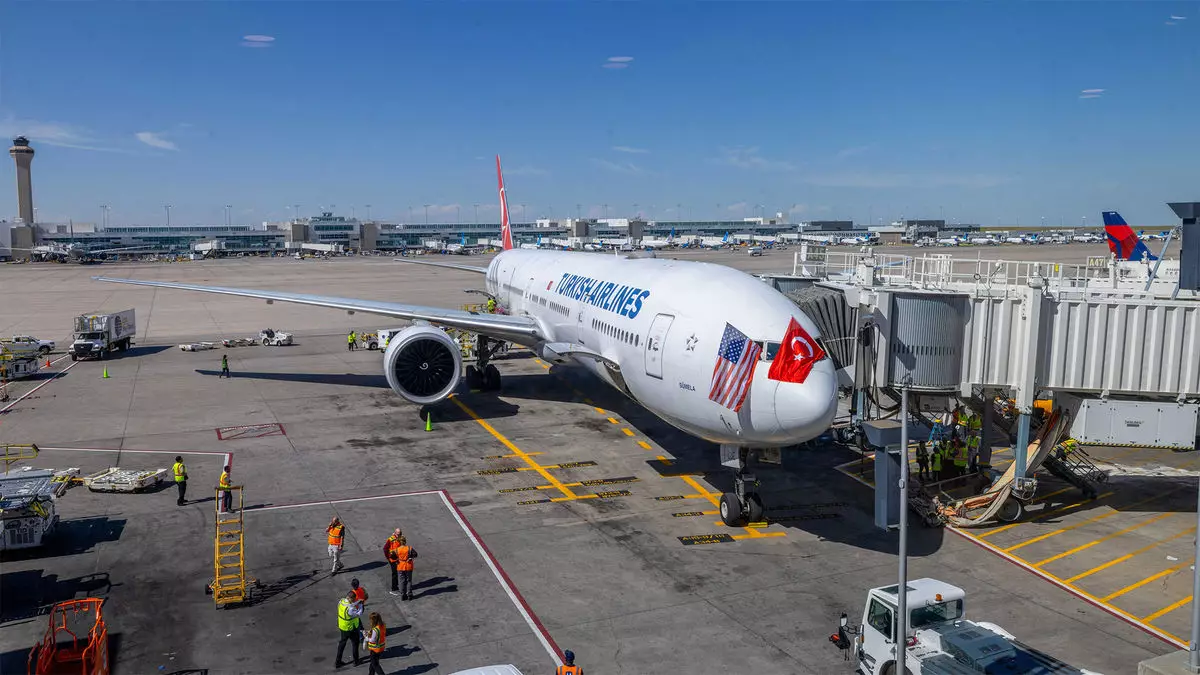Turkish Airlines has made a significant decision to stop allowing its fares to be booked in the Sabre Global Distribution System (GDS) starting September 1. This move has sparked a debate between Turkish Airlines and Sabre, with each party blaming the other for the failure to reach a content agreement.
Mutual Blame Game
Turkish Airlines’ general manager for Los Angeles and Denver, Cemal Kaya, expressed disappointment in Sabre’s lack of reciprocation despite the airline’s efforts to continue its participation in Sabre under similar conditions as with other GDS partners. On the other hand, Sabre stated that despite their intense efforts, they were unable to come to mutually beneficial and commercially reasonable terms with Turkish Airlines, leading to the discontinuation of distributing the airline’s content through Sabre.
Implementation of New Distribution Capability (NDC)
Turkish Airlines plans to launch its New Distribution Capability (NDC) program, TK Connect, in October. As part of this program, the airline intends to introduce a surcharge for legacy GDS bookings and remove certain low-fare content from these systems. Turkish’s NDC content will be accessible to travel advisors using Amadeus and Travelport reservation systems, as well as other third-party aggregators and a Turkish Airlines booking portal.
Amadeus, another major GDS provider, is currently in negotiations with Turkish Airlines for a new content agreement. Although no update was provided by Amadeus, the ongoing discussions were highlighted during the company’s Q2 earnings call. Travel Weekly has also reached out to Travelport for an update on the status of its content agreement with Turkish Airlines.
Despite the current situation, both Turkish Airlines and Sabre have expressed their hopes of reaching an agreement to restore the airline’s flight inventory in the future. The outcome of these negotiations remains uncertain as both parties stand their ground on the terms of the content agreement.

